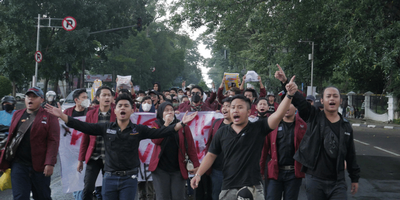Why collect local taxes in oil rich Angola? ... and the challenges of doing so
Portuguese version: Porquê cobrar impostos locais em Angola? ... e os desafios de o fazer
An effective tax system is required to implement and finance current government policies of diversifying the Angolan economy and providing quality public services to citizens across the country. Extending the reach and inclusiveness of taxation requires tax cooperation across levels of governments.
Local governments are particularly important for the growth of small scale enterprises and for equity considerations. Currently, however, collection of taxes and local fees in Angola takes place according to centralised and outdated instructions which have limited connections to local government development plans.
This brief addresses some of the institutional and political challenges of local taxation in Angola. It argues that tax reform should include real political and administrative decentralisation. This is closely linked to the building of a democratic state.
Odd-Helge Fjeldstad










